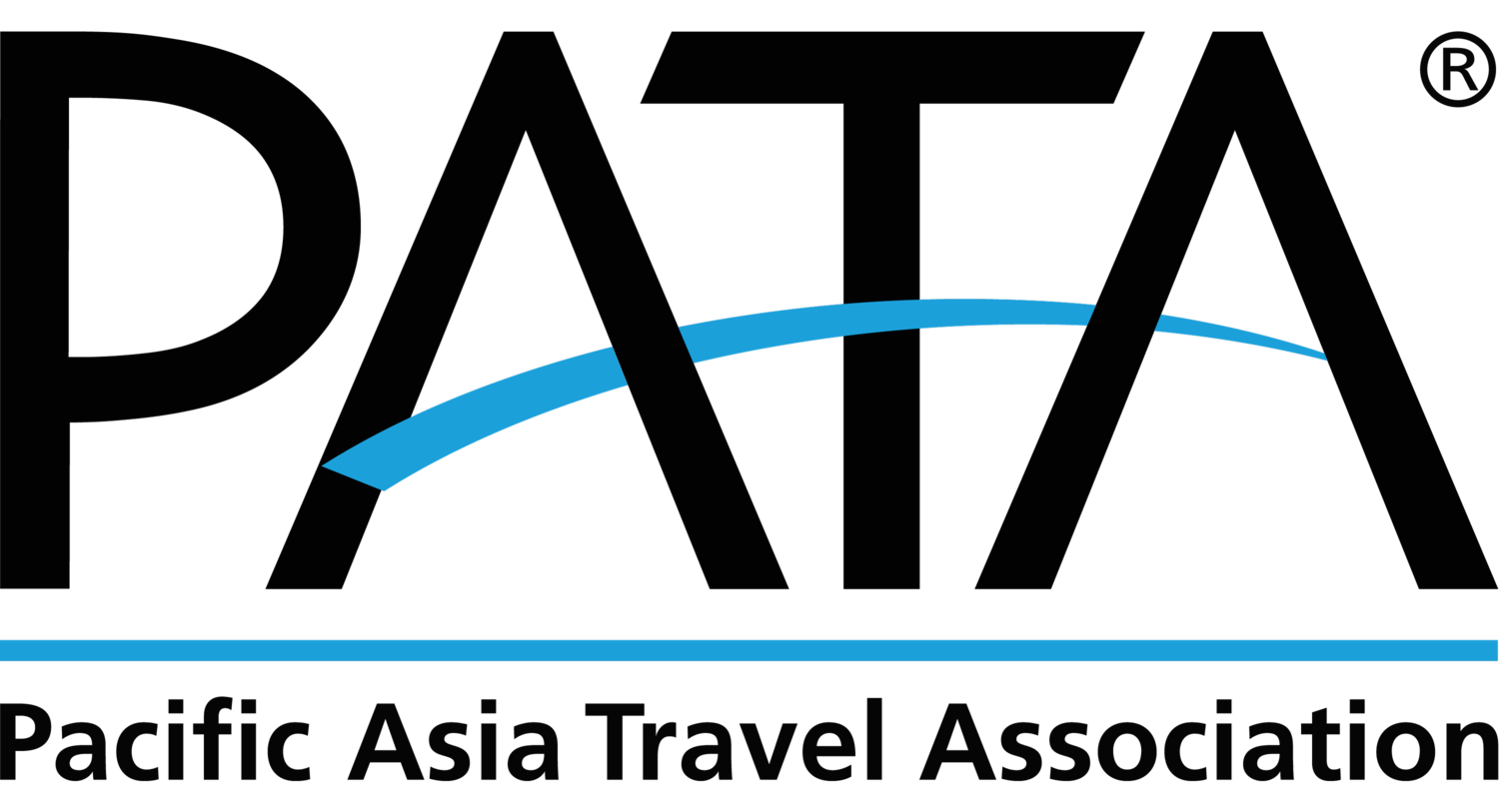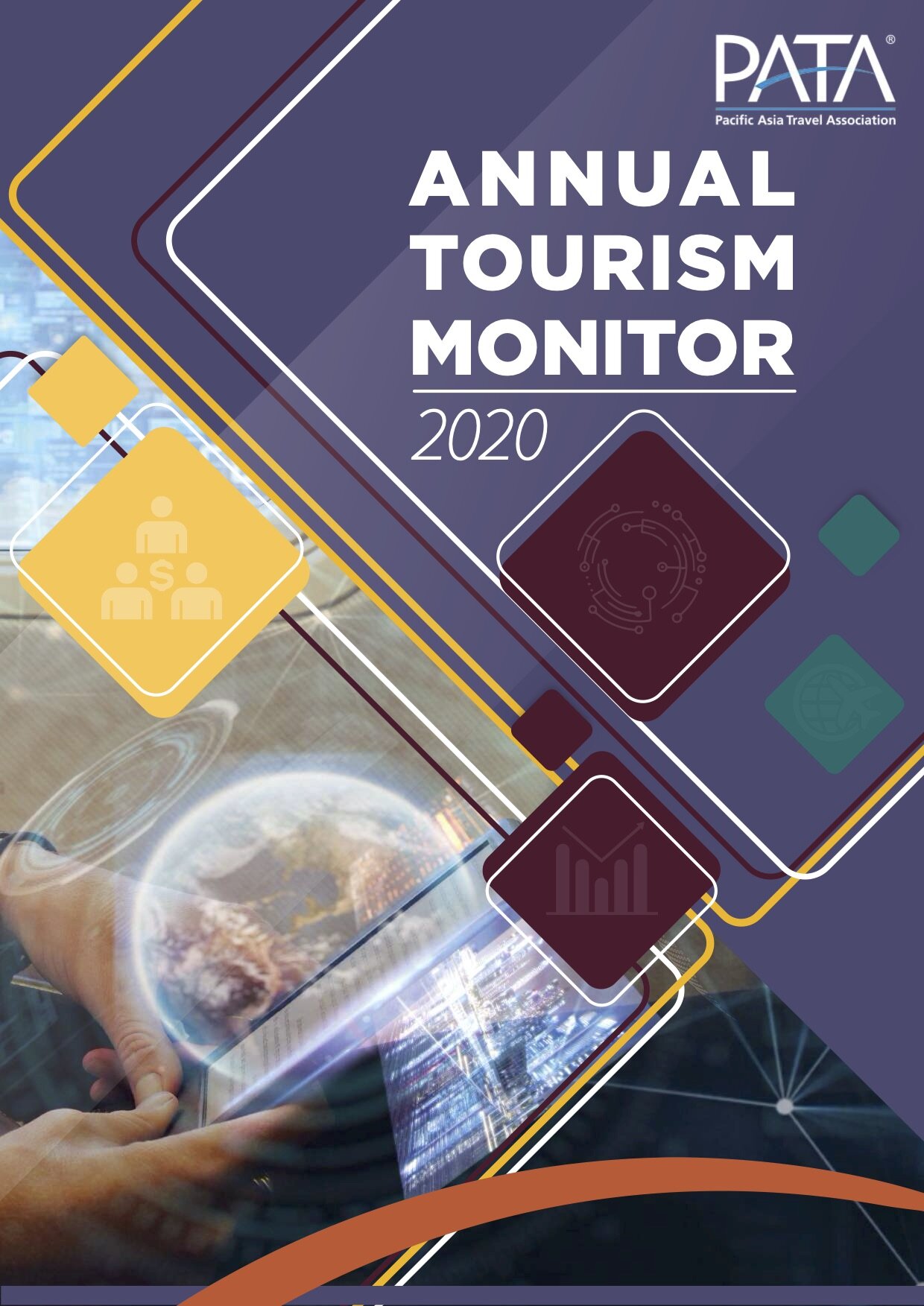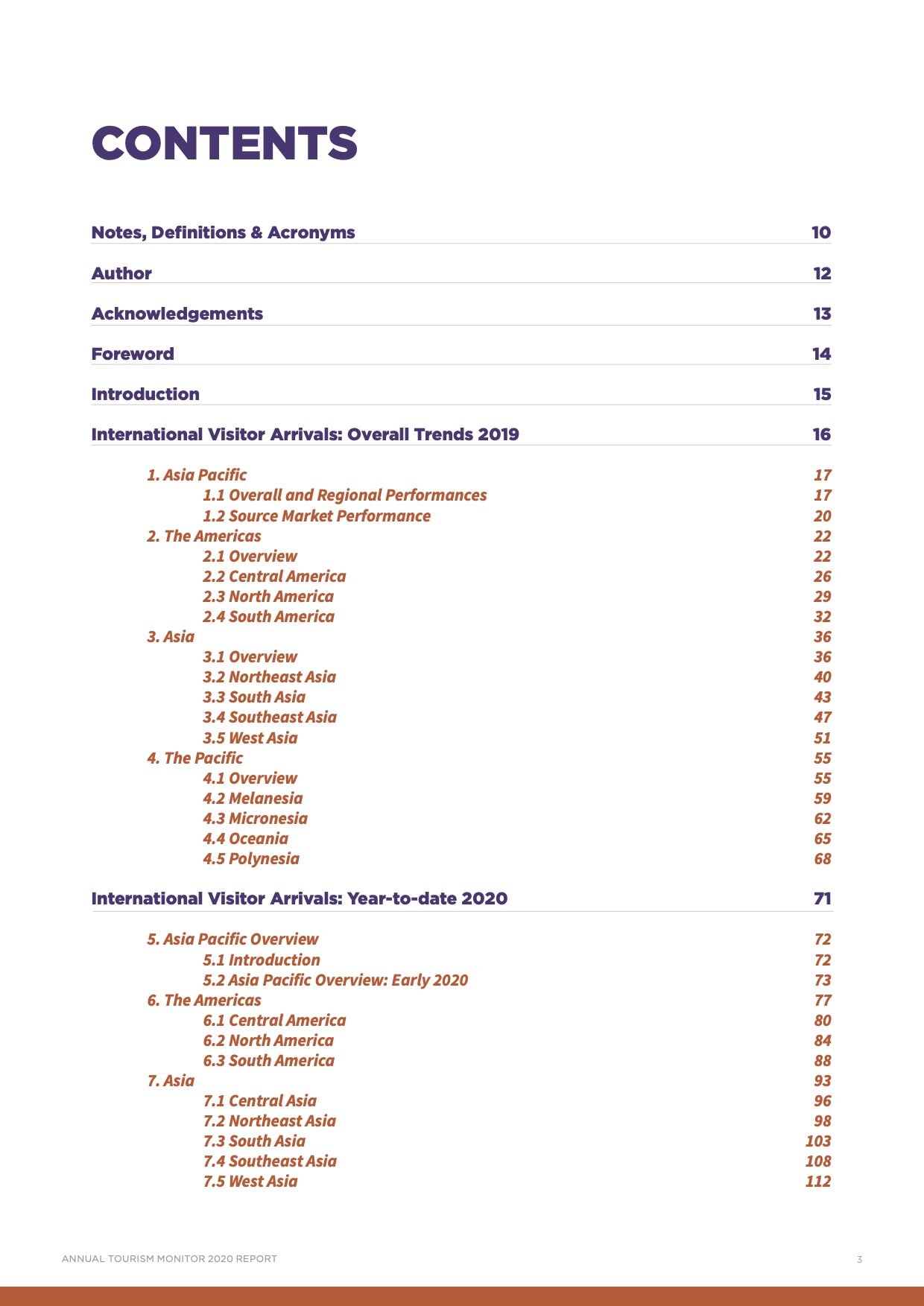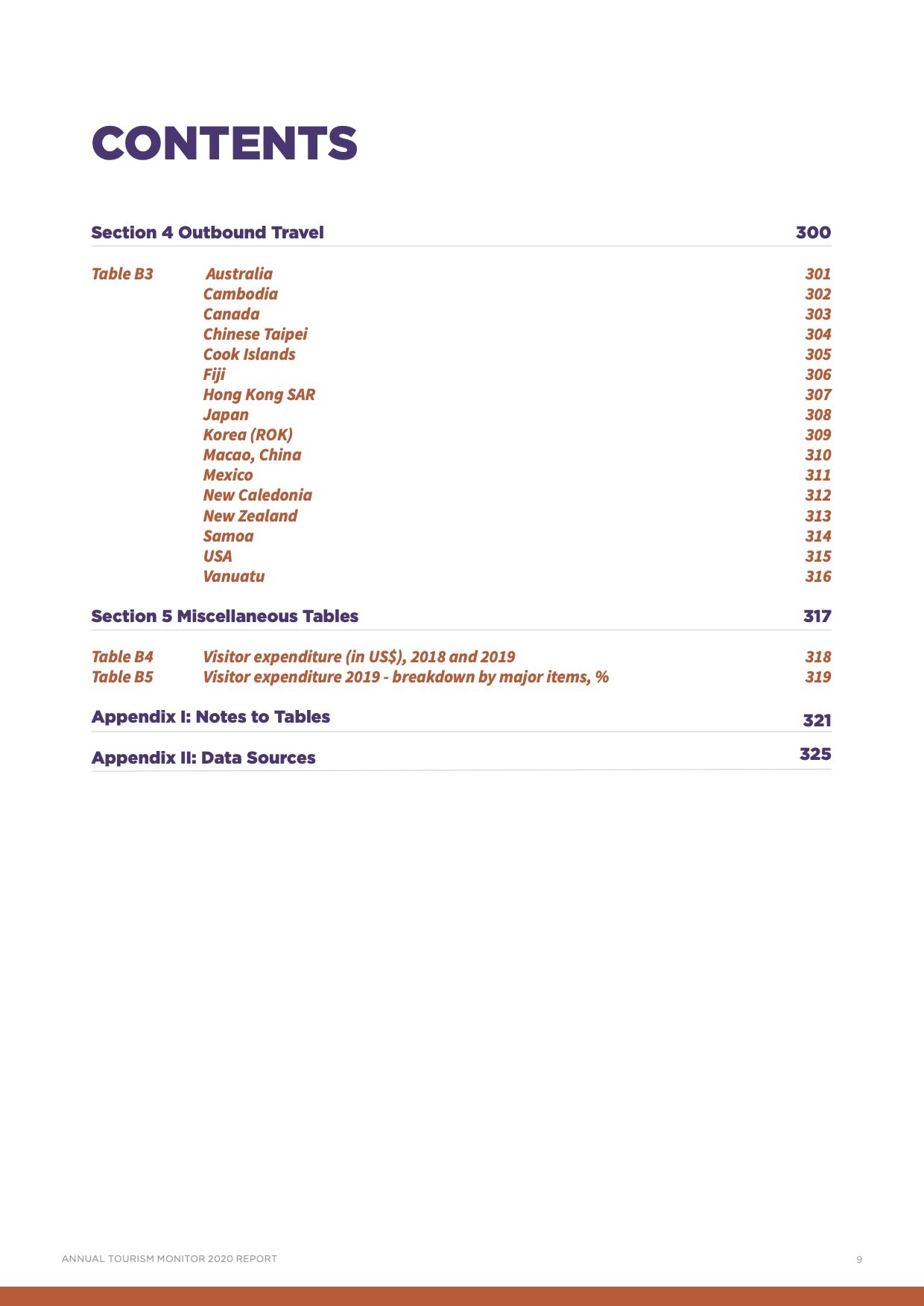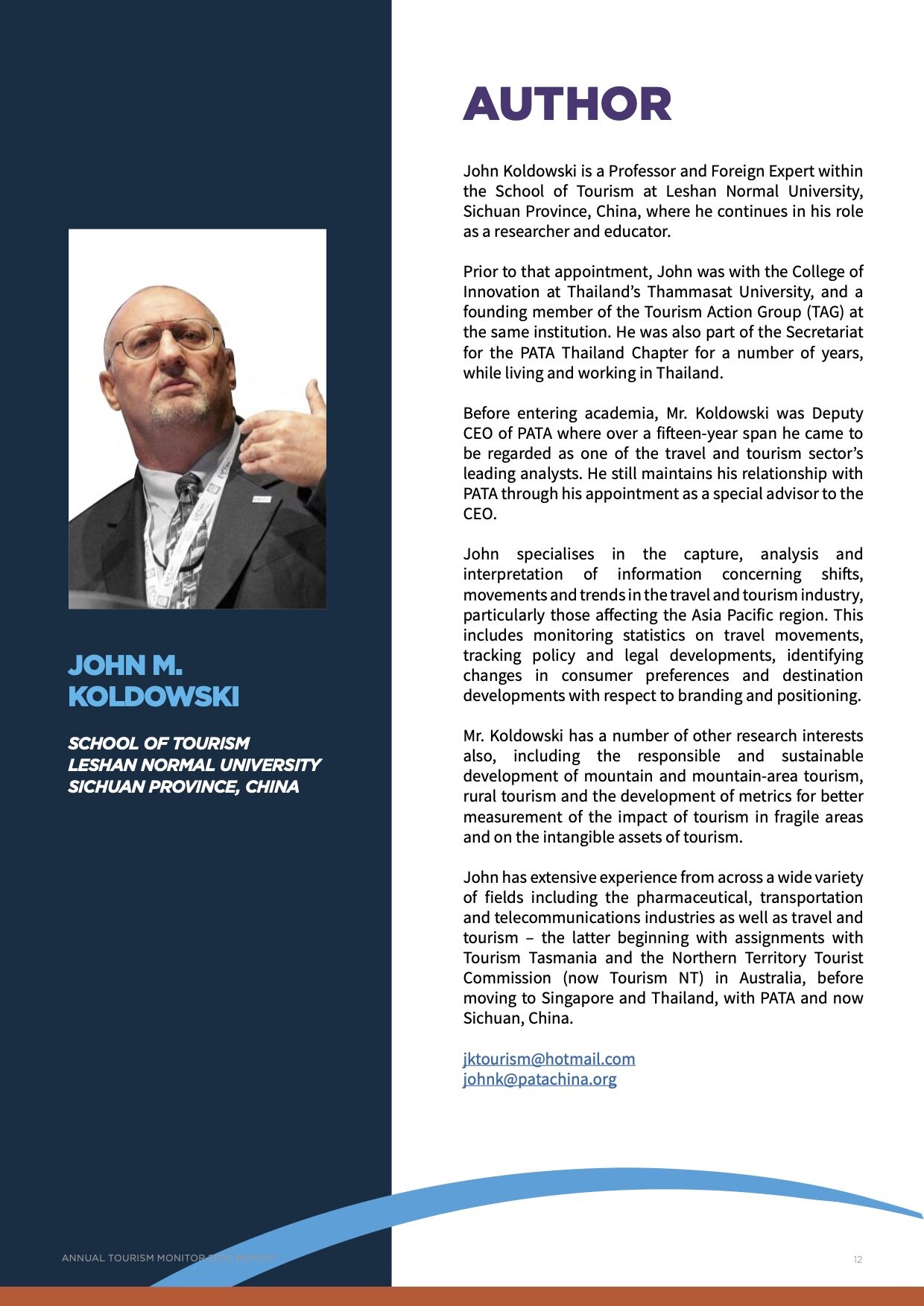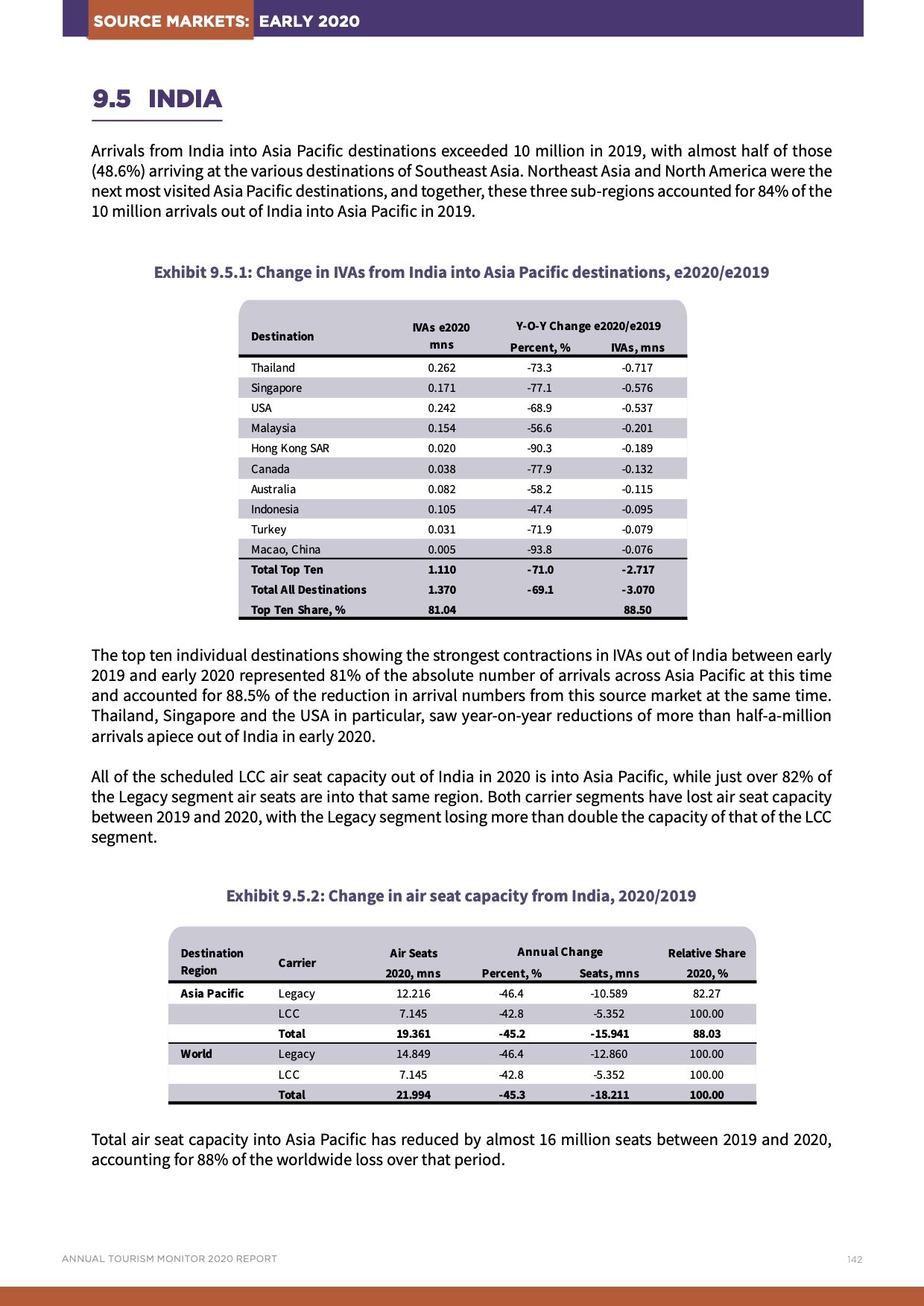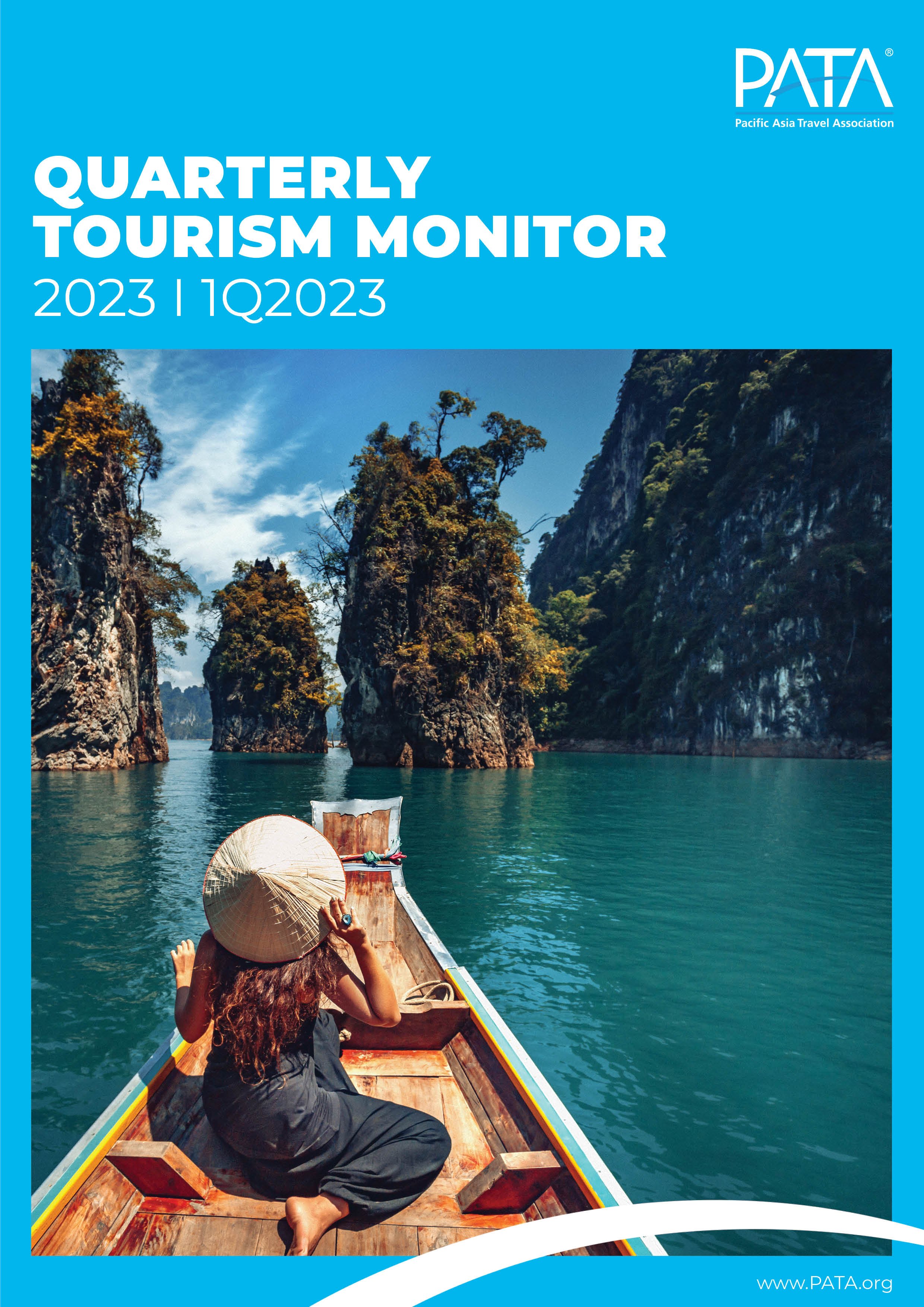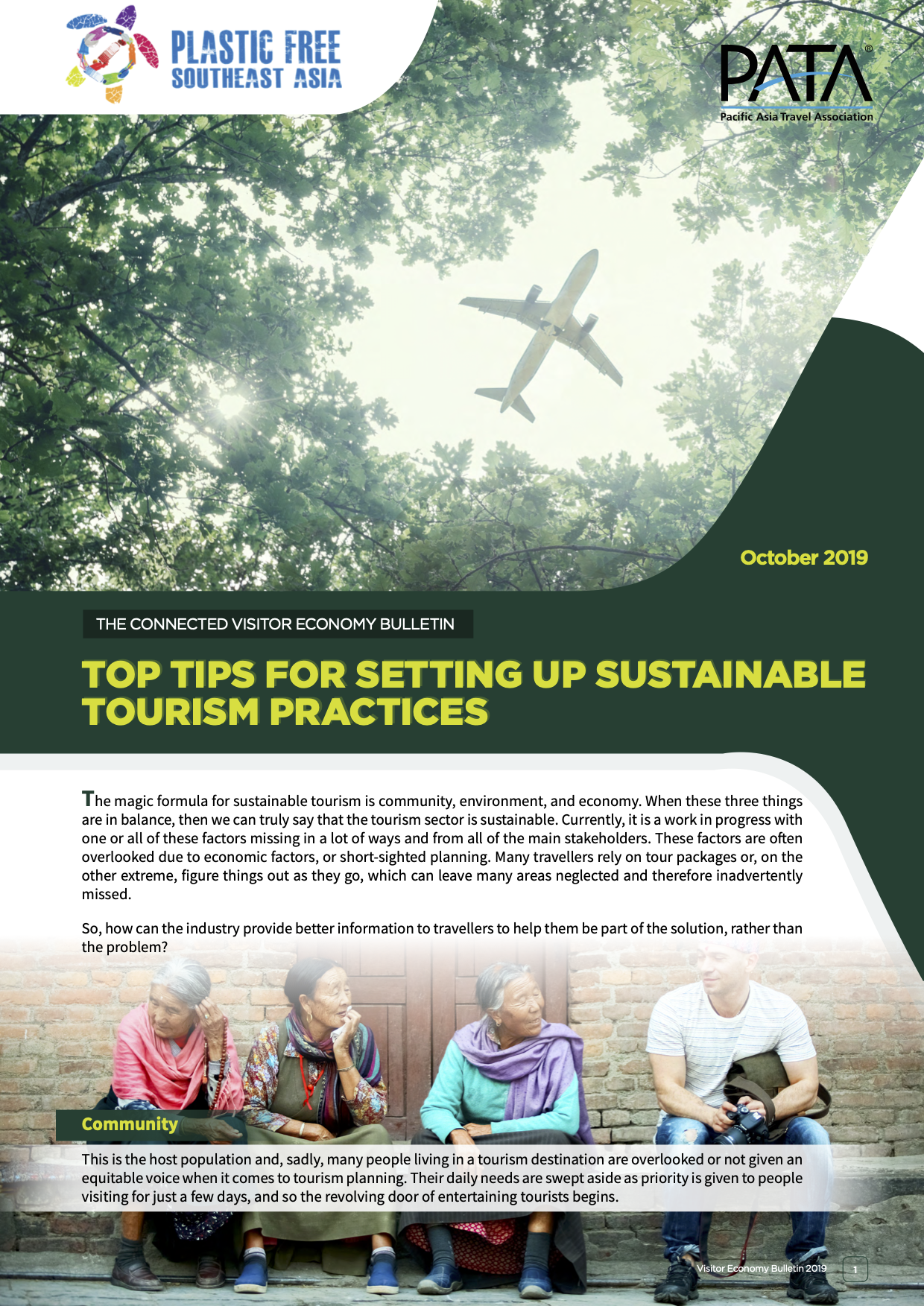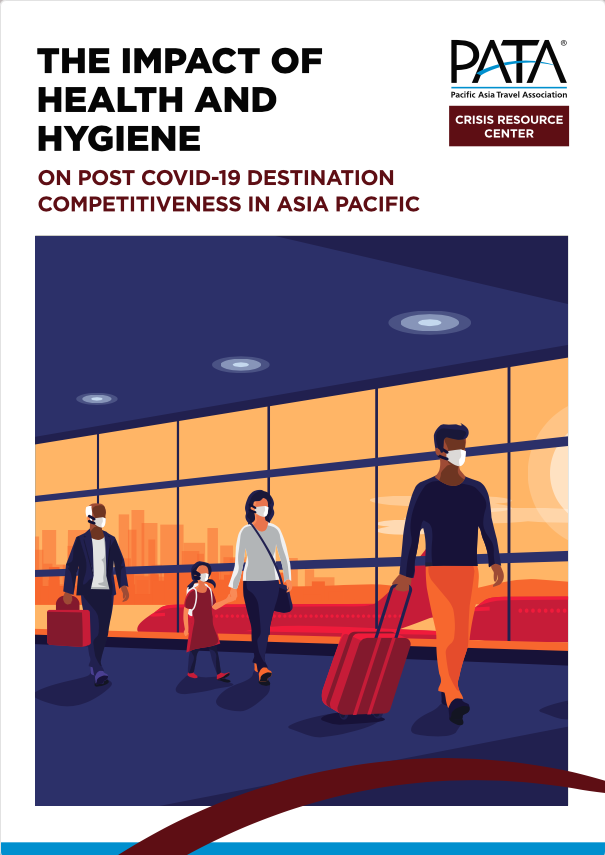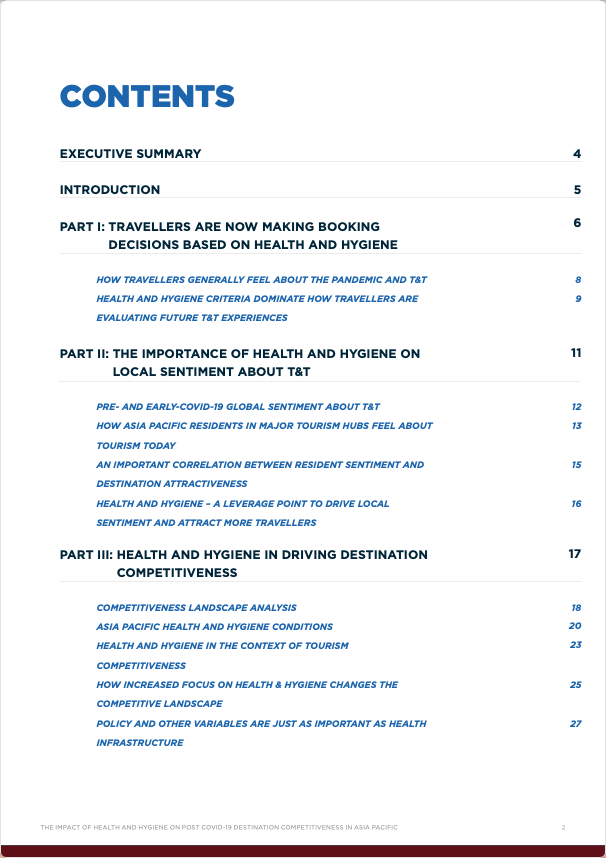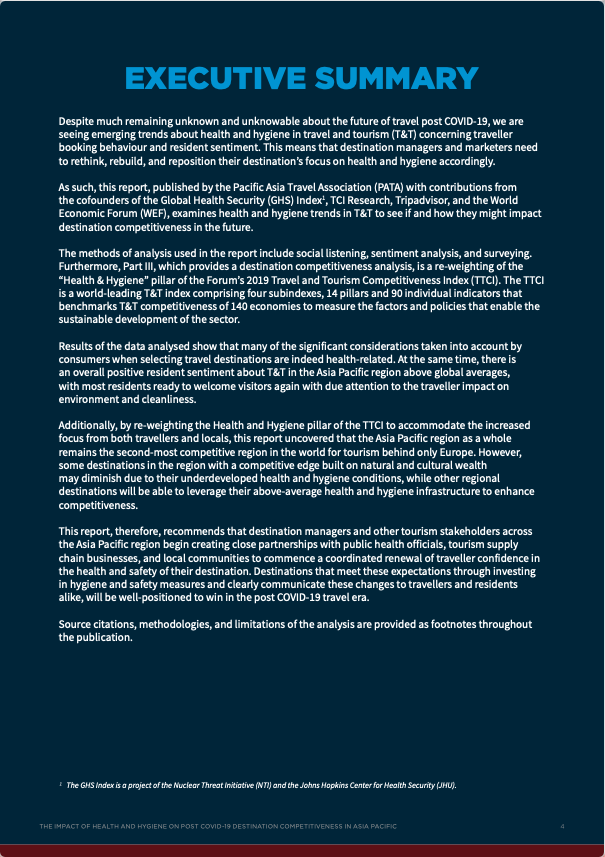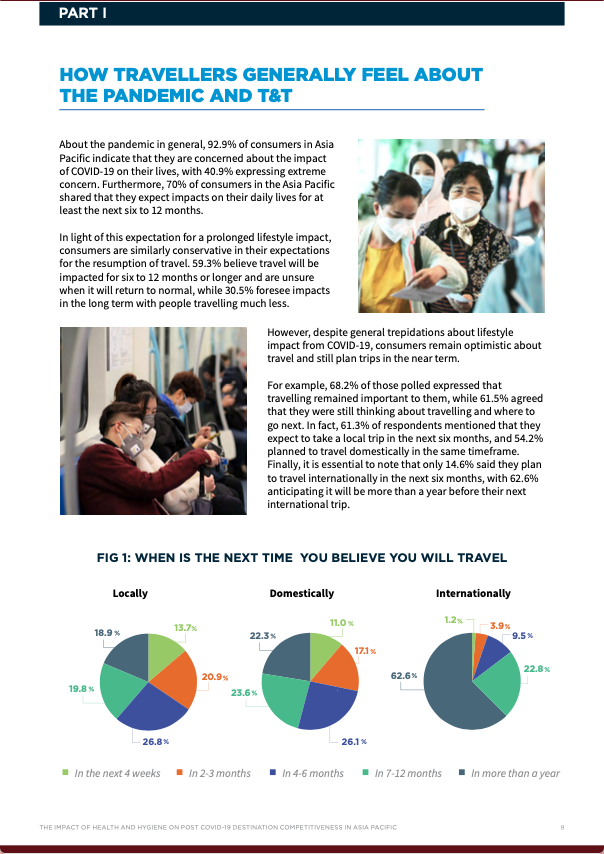COVID-19 and the Tourism Sector: A Comparison of Policy Responses in Asia Pacific
Complimentary to All
DOWNLOAD FOR FREE >
This report aims to aid tourism recovery by providing policymakers and donors innovative and best practice examples of policy response. The authors studied policy responses in five developing destinations spread across South and Southeast Asia: Cambodia, Nepal, Sri Lanka, Thailand, and Vietnam.
Overview
The COVID-19 pandemic represents an unprecedented crisis for the tourism industry and the millions of people across the Asia Pacific whose livelihoods depend on it. The authors of this report believe that an orderly and strategic policy response can mitigate the worst of the crisis’s negative impacts. In some cases, policy may even lay a foundation for healthier, more sustainable post-pandemic growth .
This report aims to aid tourism recovery by providing policymakers and donors innovative and best practice examples of policy response. The authors studied policy responses in five developing destinations spread across South and Southeast Asia: Cambodia, Nepal, Sri Lanka, Thailand, Vietnam.
The authors conducted a practical policy review of the destinations’ responses, focusing on five dimensions:
Early response and public health management;
Support for economic resilience and small and medium enterprises (SMEs);
Enhanced support to the tourism sector;
Tourism sector revitalization policies and plans;
Green growth and sustainability measures.
The authors relied primarily on desk research as the countries’ policy responses have been well- documented in media reports and other public sources. To validate and enrich findings, interviews were also conducted with key industry leaders or policymakers from national tourism organizations or other well-placed stakeholders.
In consultation with interviewees, the authors have also identified gaps in the destinations’ policy responses and opportunities for donor support and assistance.
